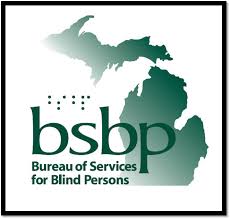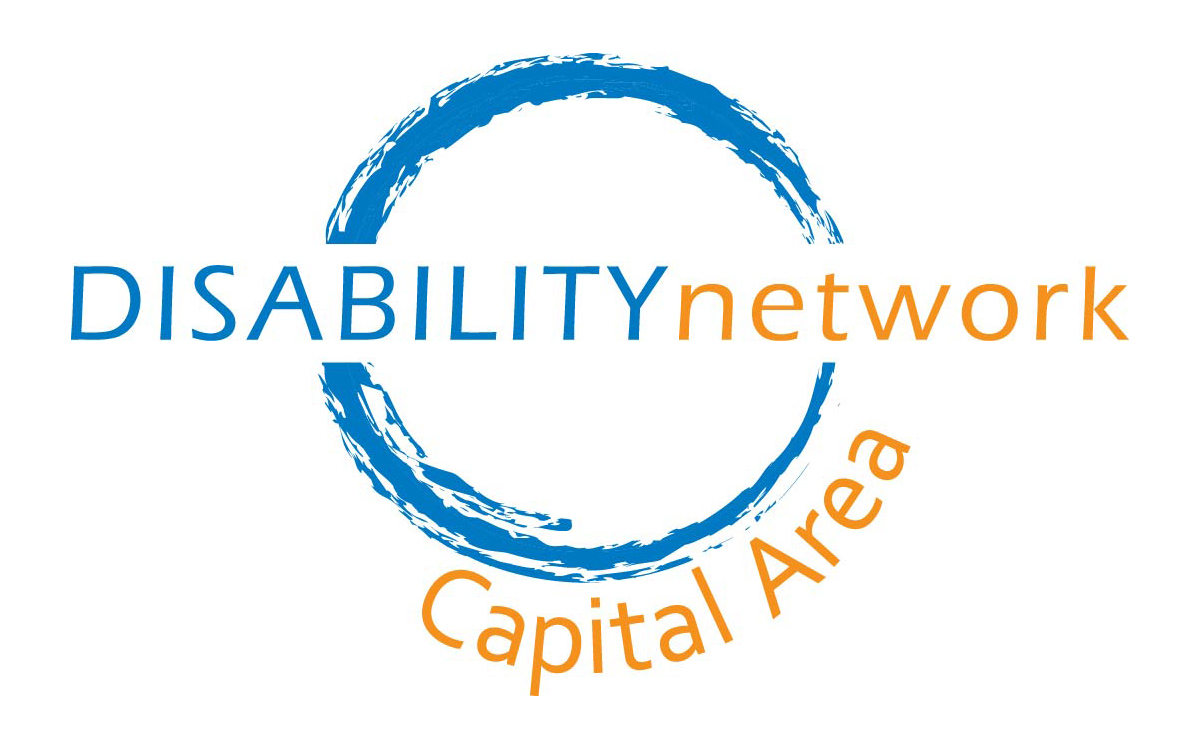The Center for Student Access (CSA) recognizes that we are part of a larger system of support that includes parents, community advocates and organizations, and area high schools. To that end, we regularly speak with parents, work with various community partners, and visit with high school classes about the transition to college.
Transitioning to College
Making the transition from high school to college is an exciting time. Students who utilized accommodations with Individualized Education Plans (IEPs) or 504 Plans in high school often wonder how to start the process of receiving accommodations in college.
|
Differences Between High School and College |
||
|---|---|---|
|
Accommodation |
High School |
College |
| Personal Aides | Personal aides may be provided in the classroom for academic or personal care issues. | Personal aides are not provided. |
| Test Modifications | Modifications to tests which include eliminating questions, unlimited time, extra explanations, ability to take tests in resource room, open book/open note tests, etc. | Accommodations related to testing are often limited to extended time, distraction-reduced environment, and readers for tests who can read the test exactly as written. |
| Homework Modifications | Modified assignments (i.e. fewer questions to answer, alternate assignments, extra time to turn in homework, etc.). | No modifications to length of assignments. CSA may grant extended time for in-class assignments, but instructor has the final say about extended time for most homework submissions. |
| Resource Room | Resource room | No resource room |
| Referral to Services | Schools find students who have eligibility for services and prescribe accommodations accordingly. | Students self-refer and self-identify. Student advocates for accommodations. |
| Diagnostic Testing | Schools often pay for the process of diagnostic testing. | Students must pay for their own diagnostic testing. |
| Documentation | Documentation of disability is fairly consistent from student to student. | Documentation requirements vary from institution to institution. Students must contact the schools to determine their requirements. |
| Transportation | Schools provide transportation to and from school. | Transportation is not provided. |
| Alternative Textbooks | Schools provide free alternative textbooks using a variety of ways, including BookShare. | Students are required to purchase their books, provide proof of ownership, and then request books. Colleges may or may not use Bookshare; they may just share the files. |
We strongly recommend that students who are starting their college journeys practice the following skills in preparation for college.
|
Skills for College |
|
|---|---|
|
Skill |
Explanation |
| Self-Advocacy | The ability to speak out for your educational needs by identifying and/or discussing specific educational and/or physical challenges. |
| Discuss Accommodations | Students can speak directly with their teachers about accommodations that have been beneficial, and coordinate how their specific accommodations will be facilitated. |
| Request Re-evaluation | Prior to graduation from high school, consider asking your high school for a re-evaluation of ability to determine how your needs have changed over time. |
| Request Copies of Documentation | Ask your school to provide you with the most current copies of your IEP or 504 plan along with any psychological testing to help determine your functional limitations. |
| Talk to College Disability Offices | Talk with the college you are planning to attend to determine what their specific requirements are, and learn what their starting processes are. |
| Learn the College Process | Colleges give students approved accommodation letters which students share with their instructors. |
| Identify Which Accommodations Have Worked Well Before | Think about techniques, technology, accommodations, etc. that have worked for you in the past, and share these ideas with the office responsible for accommodations at your institution. |
| Practice Time Management Skills | Try different skills to determine what works best for you; consider physical planners, phone apps, folder systems, etc. |
CSA Partners
Lansing is a vibrant community with a variety of local organizations. Many of our students work with at least one of the following organizations.
Bureau of Services for Blind Persons (BSBP)
The Michigan Bureau of Services for Blind Persons (BSBP) believes in the capacity of people who are blind or visually impaired to achieve employment and independence. BSBP provides training and other services that empower people to achieve their individual goals.
If you live in Michigan and you are blind or visually impaired, the Bureau of Services for Blind Persons will work with you to define your goals and identify appropriate training and other services. Funded by federal and state taxes, BSBP provides counseling and training in skills for daily living without vision. Depending upon your needs and eligibility for specific services, BSBP may also provide some types of adaptive equipment, computer software, and postsecondary education.
Disability Network Capital Area
Disability Network Capital Area serves Clinton, Eaton, Ingham, and Shiawassee counties. They combine experience and peer-support in delivering services to people with disabilities and their families. They also partner with community agencies, schools, and businesses to improve quality of life. Services are provided onsite and at various community locations.
Division on Deaf, Deafblind, and Hard of Hearing
Part of the Michigan Department of Civil Rights, this state agency assists Deaf, Deafblind, and Hard of Hearing persons secure effective communication via appropriate referrals, offering guidance for specific situations, and analysis of legislative issues related to the needs of these communities. Additionally, this agency maintains the state-wide database consisting of the Interpreter Directory.
Michigan Rehabilitation Services (MRS)
Michigan Rehabilitation Services (MRS) provides specialized employment and education-related services and training to assist teens and adults with disabilities in becoming employed or retaining employment. In addition, MRS partners and collaborates with the State Department of Education, local school systems, Michigan Career and Technical Institute (MCTI), community colleges, four-year colleges, and universities to develop statewide school-to-work, postsecondary, and adult life programs to help students with disabilities succeed in secondary and postsecondary education and transition to employment. They work in partnership with individuals with disabilities to achieve independence and prepare for and obtain competitive employment, including exploring the possibilities of self-employment or owning a small business.
Peckham, Inc.
Peckham, Inc. is a nonprofit community vocational rehabilitation organization founded to provide job training and competitive employment opportunities for persons with disabilities. A wide range of services are offered with a focus on job readiness skills, career exploration, resume development, interviewing, guided job searches, as well as developing interpersonal and coping skills to enhance job retention. They provide people with physical, cognitive, behavioral, and socio-economic challenges, a platform to demonstrate their ability, learn new skills, participate in work, and enjoy the rewards of their success.

Contact Us
The Center for Student Access
Email: lcc-accessibility@lcc.edu
Phone: 517-483-5323
Fax: 517-483-9645





